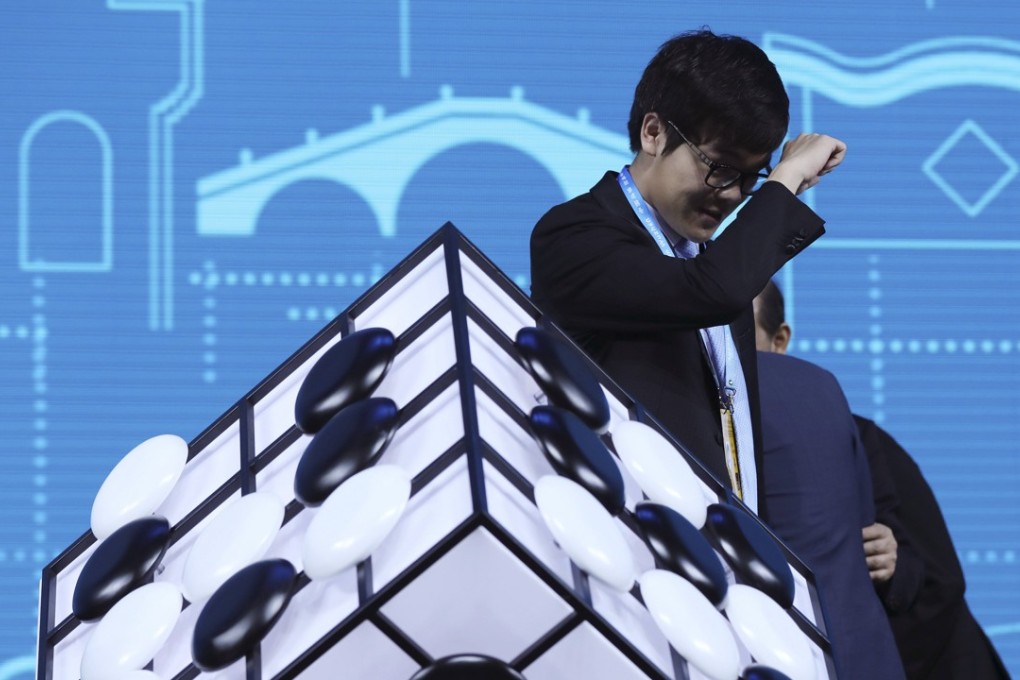Why Google’s DeepMind developed Go-playing AI – and how it may impact our lives

Mastering the most complex board game in human civilisation is merely the beginning of Google’s venture into artificial intelligence as the company pledges to use the technologies behind its world-class Go-playing computer programme for more general purposes, from health care to education.
“Games are the best [way] to train AlphaGo, but we don’t want to stop at games,” said Demis Hassabis, founder and CEO of Google’s AI subsidiary DeepMind, adding that he wants to apply the technologies behind the company’s Go-playing AI in more domains.
He didn’t elaborate on the company’s plans, only saying that machine learning technology and reinforcement learning technology, which were the reasons for AlphaGo to master Go, can be used to solve real world challenges, especially in drug discovery and material design. Go is an ancient board game that was believed to be impossible for a computer to crack.
Hassabis’ comments came on Wednesday in Wuzhen, eastern China’s Zhejiang province, where AlphaGo scored its first victory in a three-game match against Ke Jie, the world’s top Go player, extending the machine’s edge over humanity in a contest to redraw the boundaries between human intelligence and the artificial variety.
Unlike those who worry about a sci-fi nightmare in which robots supersede humans, Hassabis believes AI is just like the Hubble telescope – “a scientific tool that allows people to see farther and better understand the universe”.
The union of humans and AI-powered machines will unlock the potential of mankind and bring inspirational ideas, like how AlphaGo inspired professional Go players to come up with new tactics and strategies, he added.